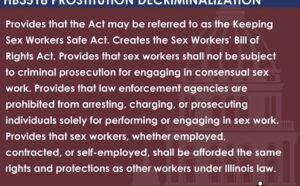A federal appeals court has tossed out a man’s child-pornography conviction and 18-year prison sentence because of illegal government surveillance.
The San Francisco-based 9th Circuit Court of Appeals ruled Friday that it was illegal for the U.S. Navy to use a high-powered software program to search private computers throughout the state of Washington for child pornography. The U.S. Department of Justice justified the search by arguing that the Navy investigator was searching for child pornography on military installations in Washington when he came across a private computer containing illegal images.
The three-judge 9th Circuit rejected that argument, ruling that the computer search violated a law barring the U.S. military from taking part in civilian law enforcement activities.
The case started in late 2010 when Naval Criminal Investigative Service agent Steve Logan began investigating, from his office in Georgia, the distribution of child pornography online. Logan used a software program called RoundUp to search computers in the state of Washington sharing child pornography on the Gnutella file-sharing network.
Logan found a computer with child porn images and turned over his findings to federal investigators. U.S. Department of Homeland Security agents obtained a search warrant and arrested and charged Michael Dreyer with possessing child pornography. A jury convicted Dreyer.
But Judge Marsha Berzon, writing for the 2-1 majority, said that the results of the government’s search of computers in Washington can’t be used to prosecute Logan. Berzon said Logan was permitted to search computers of active military personnel.
“But Agent Logan’s search was not reasonably focused on carrying out such a legitimate military investigation,” Berzon said.
Judge Diamurid O’Scannlain dissented. O’Scannlain said he saw “no justification for setting a convicted child pornographer free.”
A Navy spokesman couldn’t be reached for comment Saturday.
source








 TrafficHolder.com - Buy & Sell Adult Traffic
TrafficHolder.com - Buy & Sell Adult Traffic